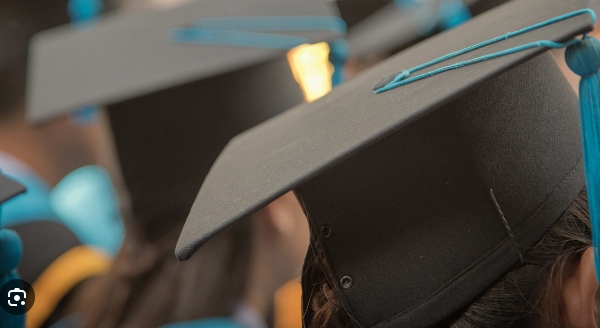Students prepare differently for exams
IMAGE / Courtesy of pixabay
As the final days of the first semester begin to fly by, students are separated into two groups: those who are preparing for final exams and those who are not.
Many factors play into the decision made by students as to whether they will study for exams or just “wing it.” The decisions are made after evaluating how well students know the material that has been shared with them throughout the last 18 weeks.
Some may believe they are smart enough to pass the exams without studying, while others believe it is not important enough to spend time on.
Freshman Kiersten Sansing is not studying for exams.
“I already know everything,” Sansing said.
To these students, grades may not be as important as they are to others.
Ms. Jane Turton said not studying for exams will affect students confidence.
“It makes them ill prepared for the test,” Turton said.
Those who do take the time to review old material and what they do not fully understand use many methods of reviewing.
I study to get a good grade. My grades are very important to me.
— Celeste Nierman, senior
Senior Celeste Nierman uses flash cards and rewrites her notes.
Nierman said, “I study to get a good grade. My grades are very important to me.”
For others, using a study partner helps.
Senior Bre Mcilroy studies by having someone read her notes back to her.
Mcilroy said, “I learn by listening, except for math that I have to do on my own.”
Others may spend extra time after school with teachers to go over notes and get a better understanding of what they should focus on.
Students should keep in mind that in high school, exams are used to determine how well students have performed in the school year.
Semester grades are calculated using the exam grade, the first marking period grade, and the second marking period.
The semester exam accounts for 20 percent of the semester grade, while each marking period makes up 40 percent of the grade.

Class: Senior
Hobbies: Reading, Hanging out with friends, Fishing, Shopping, Bush walking
Future Plans: University of Alabama, Elementary Education
Quote:...











